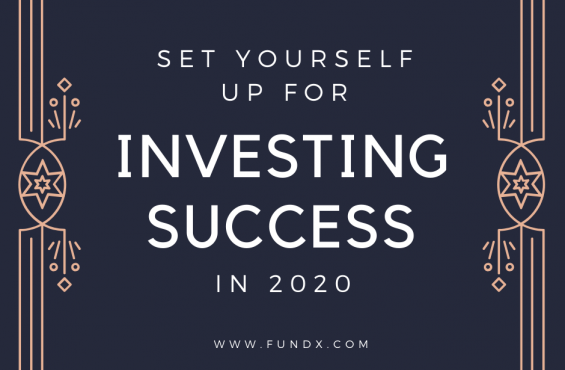How can you prepare yourself and your investments for 2020? Think about what you need to know to move forward this year, and where you should focus your attention now.
Here are 4 practical ideas that can help you to set yourself up for success in the coming year:
1. Plan for changing markets
2020 could be a more volatile year for stocks, so it could be a good time to learn more about bonds, which can cushion stock market volatility.
Don’t let common misconceptions about fixed income hold you back. Bonds are worth owning even if interest rates rise and even if you aren’t investing for income. Click here to get the facts.
Worried about a more substantial downturn in the stock market? Click here to learn four ways to be cautious that don’t involve selling entirely out of the market.
2. Focus on what you know
Since no one really knows what 2020 will bring, focus on what you know for sure: your investment goals. How can you make progress on your goals this year?
Most people need to be invested to get ahead, so if you have cash in your account that really should be invested, then make a plan to put that money to work. Getting back into the market now probably isn’t going to be great timing, but that’s OK. The key is to get started. Click here to learn which kinds of funds to buy now and how to buy in.
If your goal is to retire in the next few years (or if you’ve recently retired), keep a close eye on how much risk you’re taking in your portfolio. A big loss early in retirement can undo years of investment success. Get tips and insights here.
3. Avoid behavioral pitfalls
Owning good funds is important, but your investment behavior will largely determine your long-term success, so watch out for behavioral missteps.
After one of the longest bull markets in history, you could be particularly susceptible to recency bias, our tendency to assume that what’s happened recently will continue to happen in the future. Click here to learn more about how to keep recency bias in check.
If you find that you’re focused on the possibility of a massive market decline, like we experienced in 2008-2009, it could be probability neglect, another cognitive bias that leads us to focus on the worst possible outcome rather than the most likely outcome. Find out how you can counteract this bias here.
4. Partner with an investment advisor
Many people know what they should do, but they have trouble acting on their decisions. If you’re struggling to take action in your accounts or you need help bringing all the pieces together into a solid investment plan, then it may be time to work with an advisor. Sometimes two heads are better than one.
Click here to have an initial chat with a FundX advisor, and let’s see if it’s a good fit.
